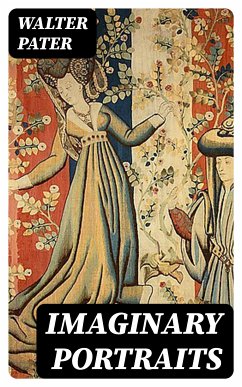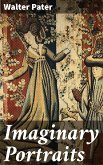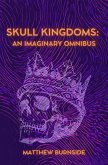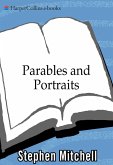Walter Pater's 'Imaginary Portraits' is a collection of essays that explore the psychology and inner lives of fictional characters. Pater's prose is characterized by its aesthetic sensibility and keen attention to detail, reflecting his influence as a leading figure in the aesthetic movement of the late 19th century. The book presents a series of imaginary conversations between historical figures and mythical beings, offering a unique insight into the complexities of human nature. Pater's literary style is marked by his emphasis on the beauty and significance of art and literature, making 'Imaginary Portraits' a profound exploration of the inner lives of its subjects. Walter Pater, a prominent critic and essayist, was known for his radical views on art and culture. His scholarly background in classics and his fascination with the Renaissance period greatly informed his writing, leading him to produce works that celebrated individualism and creativity. Pater's exploration of the human experience in 'Imaginary Portraits' reflects his deep appreciation for the power of imagination and artistic expression. I highly recommend 'Imaginary Portraits' to readers who are interested in delving into the inner workings of fictional characters and the psychological depths of human nature. Pater's insightful essays offer a compelling exploration of art, literature, and the complexities of the human psyche.
Dieser Download kann aus rechtlichen Gründen nur mit Rechnungsadresse in A, B, BG, CY, CZ, D, DK, EW, E, FIN, F, GR, H, IRL, I, LT, L, LR, M, NL, PL, P, R, S, SLO, SK ausgeliefert werden.









